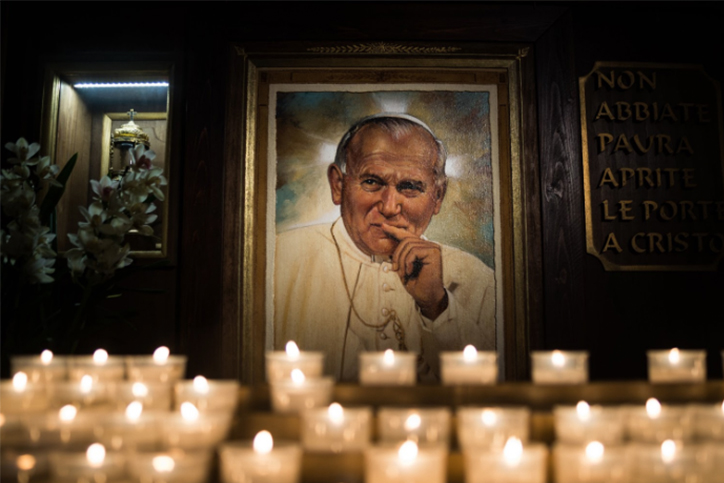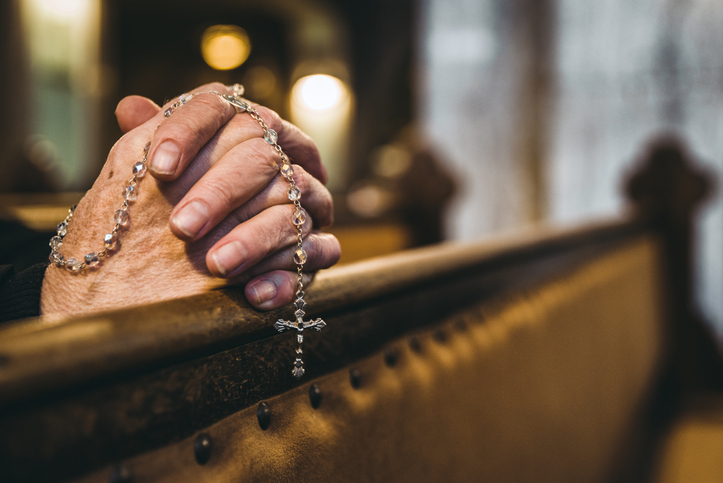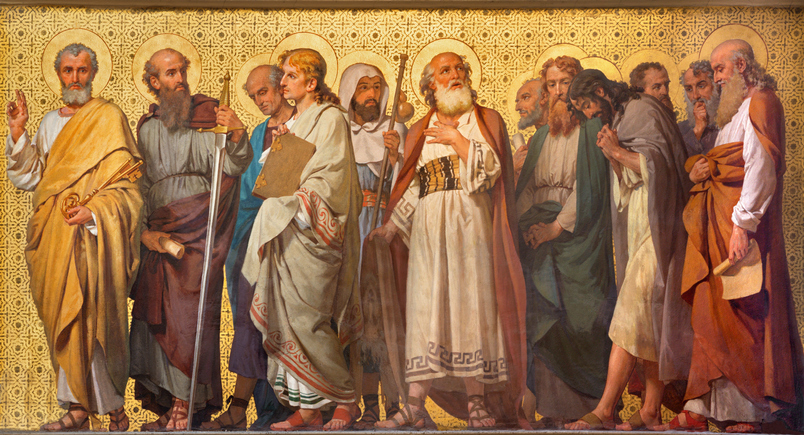The body is bad, and the spirit is good is the battle cry of a common heresy that I think is still making the rounds today; it is the heresy of Gnosticism. This is essentially the belief that all matter is evil, and only the spirit is good. The first reading today by Paul is often used to affirm this heresy, and, if you read Paul, you will see many verses that seem to confirm this harmful way of thinking.
Paul was not a Gnostic, even with language as strong as we find today. Paul’s point here is not that our bodies are evil, but rather our body disconnected from the spirit of God, and living only for the flesh is an evil thing. The Catechism of the Catholic Church says, “It is a human body precisely because it is animated by a spiritual soul, and it is the whole human person that is intended to become, in the body of Christ, a temple of the Spirit.”
We are a body and soul together. We cannot think of the body just as a shell in which we dwell until the end of time. The Catholic Church professes, and we do the same every week during the Mass, that we believe in the resurrection of the body. That at the end of time, we will not just become a spiritual being, but that we will get a resurrected body that participates intimately in the divine life of God.
There is something beautiful and profound here. That our bodies are important because they are us. We are not different from our body. When we look at the body, we see a person. And because we are all made in the image and likeness of God, when we look at a body, we see God himself.
Think about this mind-blowing reality for a second. Nature can lead us to the thought that there must be a creator because of its beauty. But most of the created world was not made in God’s image and likeness; human beings were. So as easy as it is to look at a sunset and reflect on the more profound mysteries of God, it should be even easier to look at our neighbor or ourselves and see a glimpse of the divine.
As you go throughout your day today, thank God for your body and especially thank him that he became flesh. That all of theology, as we know it, is profoundly practical because the word of God became living and active on this earth; God indeed became a man. This eternal and invisible being decided to show his love to the world through the body, confirming that the body is good. That is a cause for a grand celebration. From all of us here at Diocesan, God BLess!

Tommy Shultz is a Solutions Evangelist for Diocesan. In that role, he is committed to coaching parishes and dioceses on authentic and effective Catholic communication. Tommy has a heart and a flair for inspiring people to live their faith every day. He has worked in various youth ministry, adult ministry, and diocesan roles. He has been a featured speaker at retreats and events across the country. His mission and drive have been especially inspired by St. John Paul II’s teachings. Tommy is blessed to be able to learn from the numerous parishes he visits and pass that experience on in his presentations. Contact him at tshultz@diocesan.com.






















